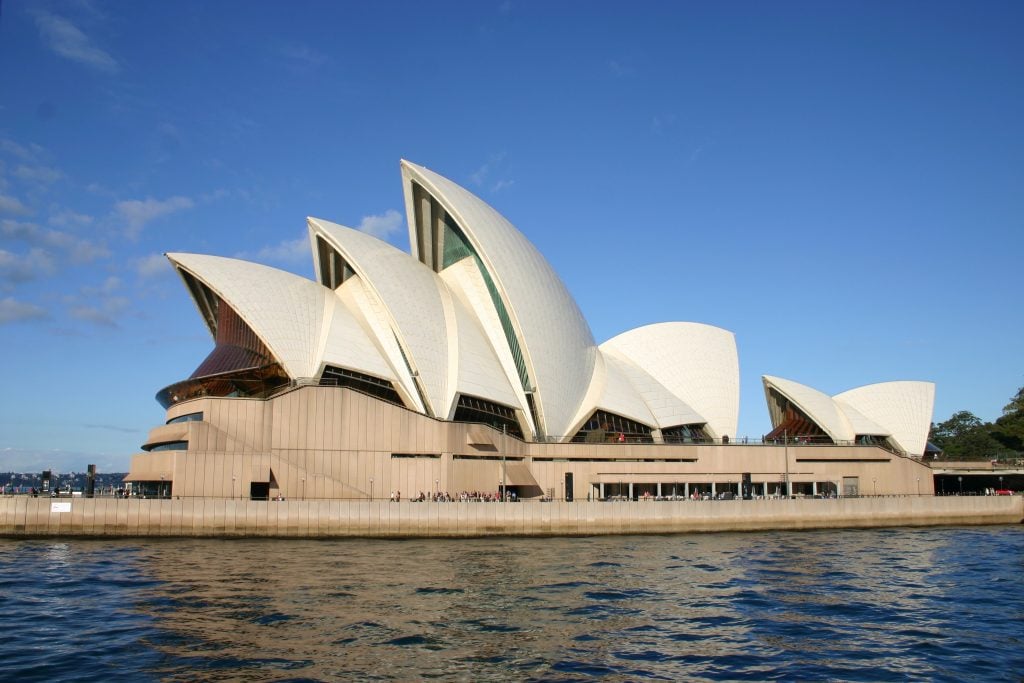In brief
The Australian Government has announced a range of short term and long term measures to assist Australian media businesses in light of COVID-19 and its impact on the sector.
In addition to new industry relief measures, the Government and key regulators such as the Australian Competition and Consumer Commission (ACCC) and Australian Communications and Media Authority (ACMA) have announced that various media reform initiatives already underway in 2020 will be accelerated, delayed or altered in some way as a result of COVID-19.
This includes changes to certain timeframe commitments previously made by the Government in its response to the ACCC’s Digital Platforms Inquiry Report (“DPI Report”),
Key changes in the last week include:
- the release of an Options Paper on 15 April 2020 to commence a fast-tracked consultation on harmonizing media regulation in Australia to support Australian content and production; and
- the announcement that a mandatory code of conduct to govern the relationship between news media businesses and digital platforms will be developed for consultation by July 2020.
This alert:
- outlines the key announcements;
- provides a useful summary table setting out the key media regulatory reform activities currently underway in Australia (including all activities triggered by the DPI Report) along with updated timeframes.
Contents
- Key short-term updates
- Key long term updates
- Summary Media Regulatory Tracker
As with most parts of the economy, COVID-19 has placed significant pressure on the media industry in Australia, with falling advertising revenue and the impact of other restrictions being felt keenly. This comes on top of the existing structural pressures explored in the DPI Report, leading the Australian Government move to provide a relief package of measures for the sector.
As part of the Australian Government’s overall response to COVID-19, it has revised certain timeframes and commitments by introducing new measures, accelerating some deadlines to “offer urgent short-term support to the media sector” or extending other deadlines to “ensure that stakeholders are appropriately consulted.”
Key short-term updates
The Government has committed to the following in the immediate term:
- Tax relief: Commercial television and radio broadcasters will receive a 100% rebate on their Commercial Broadcasting Tax for 12 months, which will provide tax relief for the use of broadcasting spectrum to help offset sharp downturns in advertising revenue.
- Increased investment in public interest news and regional journalism: A $50 million Public Interest News Gathering program and a $5 million release from the Regional and Small Publishers Innovation Fund to help businesses deliver public interest journalism to the community including regional Australia. These actions follow on from the recommendations made in the DPI Report to enhance high-quality news in regional and remote Australia.
- Red Tape Relief: Emergency suspension of quotas for the remainder of 2020 in respect of:
- certain Australian and children’s content obligations on commercial television broadcasting licensees; and
- minimum levels of expenditure by subscription television broadcasting licensees for new eligible drama programs.
- Changes to deadline commitments following the DPI Report: Various consultations and proposed codes have been either accelerated or delayed due to Government priorities in light of COVID-19, including the Classification Review. See the summary table below for updated dates and deadlines.
Key long term updates
The Government has committed to the following in the longer term:
- Release of Options Paper on harmonizing regulation to support Australian content: The Government released an Options Paper on 15 April 2020, developed by ACMA and Screen Australia, to commence a fast-tracked 8-week consultation process on how to best support Australian film and television in a modern, multi-platform environment. The consultation responses are intended to guide the Government’s approach to content obligations on free-to-air television broadcasters, and address issues raised in the DPI Report around whether such obligations should extend to streaming services. The consultation closes on 12 June 2020.
- Mandatory Code of Conduct: The Government has directed the ACCC to draft a mandatory code of conduct that addresses the relationship between news media businesses and digital platforms, and release the draft for consultation before the end of July 2020. This diverges from the Government’s initial proposal (following the DPI Report) for relevant parties to negotiate a voluntary code and fast tracks the development of a final code from November 2020. The mandatory code will cover (but is not limited to) the sharing of data, ranking and display of news content and the monetization and the sharing of revenue generated from news, with enforcement, penalty and binding dispute resolution mechanisms.
- Continued discussions with the media industry: The Government will also work with the industry over the next two months to further explore ongoing issues facing the media and screen production sectors. We expect further announcements will be made in the coming weeks.
Summary Media Regulatory Tracker
The table below summarises the key media reform initiatives currently underway in Australia, including all activities triggered following the DPI Report along with updated timeframes in light of COVID-19.
To view a more detailed summary of the table, click here.
*Note: ACMA announced it has delayed consultation processes for non-urgent matters due to COVID-19.
| WHAT | STATUS/KEY DATES | KEY LINKS |
| Competition | ||
| Inquiry into the Digital Advertising Services Market (Ad Tech Inquiry) |
|
|
| Mandatory code of conduct for news media businesses and digital platforms |
|
|
| Voluntary notification protocol for digital platforms and proposed acquisitions |
|
|
| Media Content Laws | ||
| Classification Review |
|
|
| Options Paper for ‘Supporting Australian stories on our screens’ |
|
|
| National defamation law reform |
|
|
| Code of Conduct for Disinformation/ combating ‘fake news’ |
|
|
| Consultation on impartiality and commercial influence in broadcast news |
|
|
| Privacy and Online Safety | ||
| Social Media Privacy Reforms and Review of Privacy Act |
|
|
| New Online Safety Act |
|
|
| Binding Online Privacy Code |
|
|
| Consumer Rights and Protections | ||
| Pilot external dispute resolution scheme |
|
|
| New Digital Platforms Ombudsman |
|
|



